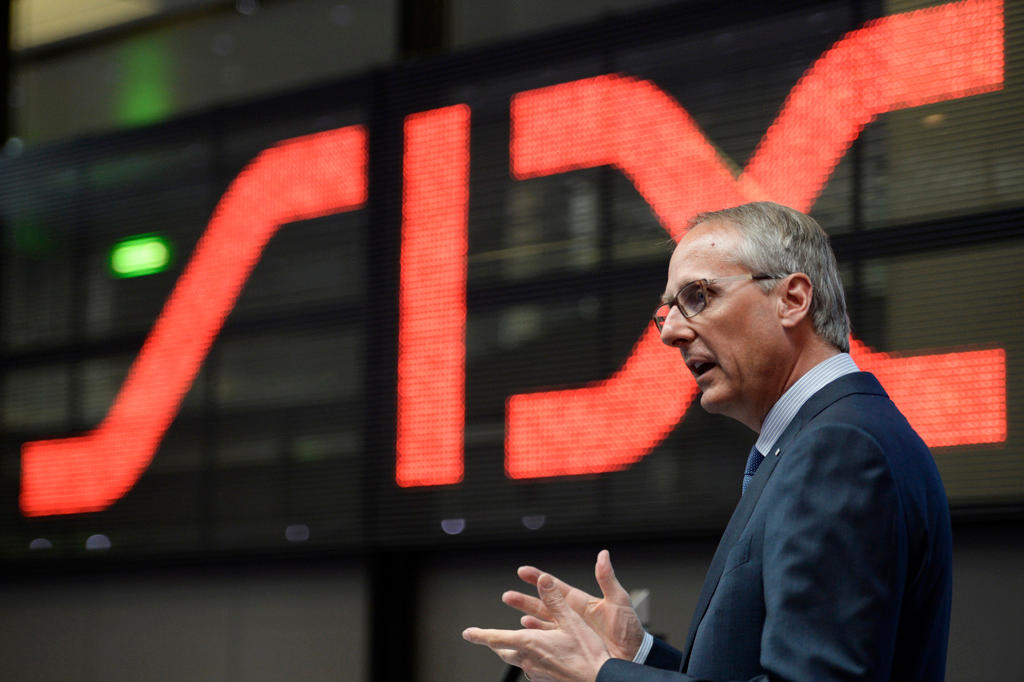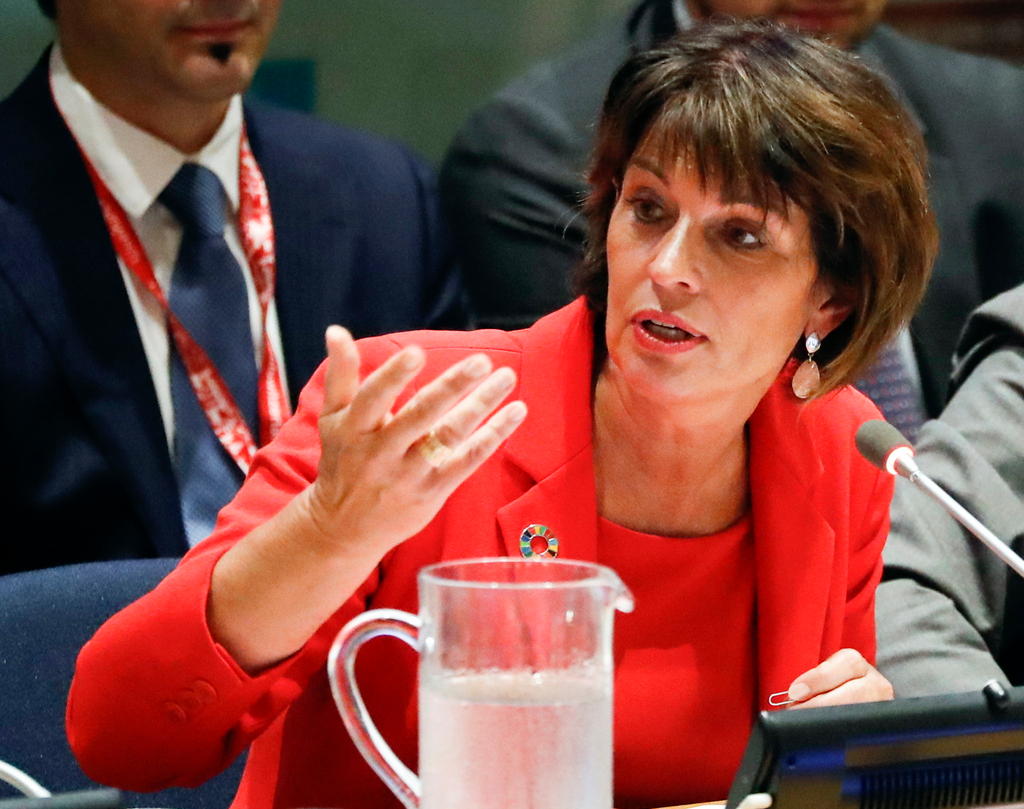Governments won’t fund sustainable development. Will private finance step in?

Just over three years ago, the UN launched its Sustainable Development Goals to push world leaders into addressing problems such as poverty, hunger and climate change by 2030.
It sounded admirable, and these days those SDGs have become a useful framework for discussing global development. They have also spawned an eye-catching rainbow lapel pin that government officials and business leaders often wear as a virtue-signalling device. “The SDGs are a great road map,” enthuses Paul Polman, former Unilever chief executive.
But there is one gigantic catch: money. Since the SDGs were launched, the World Bank has estimated that it will take about $4 trillion (CHF4 trillion) of annual investment to create the infrastructure needed to achieve the goals. Various UN bodies put the price tag at between $5 trillion and $7 trillion each year.

However, the World Bank also reckons that western governments only provide an annual $150 billion of “overseas development assistance” – or aid. Even if you include multilateral funding from bodies such as the World Bank itself, the total comes only to about $1trillion.
Trillion-dollar question
Thus the trillion-dollar question is: how will the UN plug that gap? In an era of Donald Trump, surging populism and rising debt, no western government is rushing to devote more of its budget to aid; but without a lot more cash, those SDGs risk looking like pious, pie-in-the-sky ambitions.
So this week at the World Economic Forum’s annual gathering in Davos, some of the global elite have been tossing around a striking idea to fill the gap: using the trillions of dollars of funds currently sitting inside the west’s pension funds, insurance groups, endowments and family offices to back investment projects that both produce returns and support the SDGs.
To a cynic, this may sound like an idea that is too good to be true – or to be anything more than a PR-friendly ruse by a Davos elite facing a populist backlash. After all, finance has traditionally put charity into a different mental bucket from the types of investment that produce returns.
But financiers insist that such cynicism is misplaced or, more accurately, out of date: the “impact-investing” sphere is becoming increasingly adept at doing good, they say, while also delivering profits.
UBS takes stand
Take UBS. In decades past, the giant Swiss investment bank has invested money for its wealthy clients primarily to maximise returns. But these days, UBS officials say their clients are clamouring for impact-investing products.
At Davos this week, UBS launched a new initiative that claims to let investors customise their investments in this area, a move that, it argues, will suck in yet more money.
It notes that the world’s savers have already put some $10 trillion of their money into low-yielding government bonds, another $7 trillion into bonds that currently yield negative real returns, and about $9 trillion into cash. So if some of this “dead” money could be channelled into impact investing, the SDG financing gap might be solved.
“It won’t be possible to hit the UN SDGs without using private funding,” says Axel Weber, UBS chairman.
Fund manager BlackRock is promoting this sector too. Larry Fink, its chief executive, predicts that the volume of exchange traded funds with a social and environmental mission will explode from $25 billion currently to $400 billion in a few years. Other financial groups such as Aviva are doing the same, as are consultancies such as EY. Mark Weinberger, EY’s head, describes the shift as a quasi-revolution.
Will it work?
Will it work? There are still some formidably big obstacles to overcome. One is the fact that the world of “do-gooding” investment is fragmented and opaque, with activity split into numerous categories with different names and acronyms – a “jargon jungle”, as one Davos participant puts it. This makes it confusing for investors. The complexity and lack of agreed norms also raise the risk of scandals, of products not delivering what they (seem to) promise.
But enthusiasts, including UBS’s Weber, insist that industry groups such as the Institute of International Finance are scrambling to create industry standards and to increase transparency, using the same playbook that previously turned other nascent financial products into proper mature markets.
Indeed, the question of standards was hotly debated at behind-the-scenes meetings in Davos. “Yes, there is the risk of financial scandals without [standards],” Weber admits. “But a body like the IIF can create these standards and processes, like it did with sovereign debt restructurings in the past.”
So scoff, if you like, at the irony of the world’s elite talking about the plight of the poor – or the once-reviled financiers declaring that they can “save” the SDGs. But nobody should ignore the momentum behind this movement now. And if forums such as the WEF can help turn even part of this lofty rhetoric into action – into, in fact, those missing trillions – that would be an impressive achievement.
Copyright The Financial Times Limited 2019

In compliance with the JTI standards
More: SWI swissinfo.ch certified by the Journalism Trust Initiative




You can find an overview of ongoing debates with our journalists here. Please join us!
If you want to start a conversation about a topic raised in this article or want to report factual errors, email us at english@swissinfo.ch.